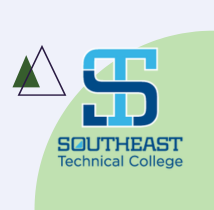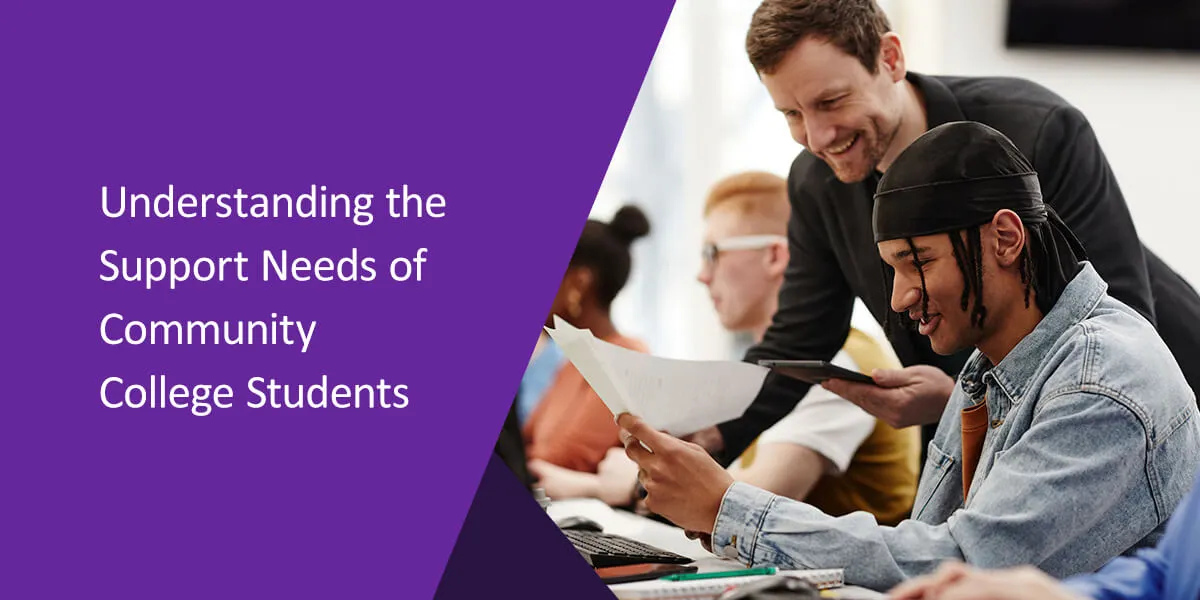



COLUMBUS, Ohio, April 20, 2021 – Watermark Student Success & Engagement (formerly Aviso Retention), a student success and equity solution that helps colleges and universities keep students engaged, optimize student success and increase retention, today announces its initial results from the Minority Male Success Initiative (MMSI). MMSI is a study designed to address and increase the progression and completion rates of minority male students while strengthening minority male student success outcomes.
“While causal analysis is pending, preliminary results provide initial evidence that success coaching, predictive analytics and the use of automated early alerts provided through the Watermark platform can assist in closing the equity gap in higher education and improve student outcomes for underserved student populations, with a 1.8% increase in minority male completion rates and 1.5% increase in persistence.” said Bryan Bell, Chief Data Scientist, Watermark. “In addition, the persistence gap between minority and white male students was eliminated within the first year of the MMSI.”
Minority students are in need of proactive measures taken to support their success in higher education. For example, Black students have the highest course withdrawal rates and the lowest academic GPA out of the entire North Carolina Community College System (NCCCS). As part of the MMSI research, 11 institutions participated in an analysis of how predictive analytics, early alert software, and technology-enabled success coaching could serve as the standardized strategy to assist in successfully closing the equity gap among minority male students. Participating institutions included Roanoke Chowan Community College, Alamance Community College, Carteret Community College, Western Piedmont Community College, Montgomery Community College, Robeson Community College, Sampson Community College, Nash Community College, Lenoir Community College, Piedmont Community College, and James Sprunt Community College.
“We are the advocates for our underserved students and it is our responsibility as higher education professionals to candidly speak about the equity gaps among our young minority education-seekers and develop solutions that allow for holistic success,” said Heather Taynor, VP for Student Success, Watermark. “As a higher education equity solution, Watermark’s goal is to provide higher education institutions with tools and resources to ensure all students are set up for success. While MMSI is only one initiative, advocating for our minority students is a life-long journey, and we are proud to continue on our mission to serve the underserved through our solutions with MMSI and beyond.”
“Providing adequate support and early intervention for our students can be the deciding factor between success and failure in higher education,” said John “JJ” Evans, Ph.D., Associate Director of Student Life, North Carolina Community College System. “The shared goal among the NCCCS and Watermark is to provide a well-balanced mix of human intervention and technology-driven capabilities to help students achieve their academic and personal goals. As we continue our research for the Minority Male Success Initiative, we firmly believe that the power to close the higher education equity gap lies in technology-enabled success coaching, predictive analytics, and early intervention and we’re excited to see the continued progress made through Watermark solutions and the MMSI project.”
To learn more, check out the Watermark informative webinar, A Catalyst for Change: Minority Male Success Initiative, where a panel discussion with Dr. John “JJ” Evans, Jamal Pitt, Bryan Bell, and Heather Taynor discuss the importance of the North Carolina Community College System (NCCCS) Minority Male Success Initiative (MMSI) and share key insights into the research and how initial findings can be leveraged at college campuses across the nation to be a catalyst for change.
This announcement comes on the heels of Watermark’s recent First In The World research study, in partnership with DVP-PRAXIS LTD, JFF, and Carolina Works, to uncover the impacts of success coaching in higher education institutions. Similar to MMSI, the FITW research found success coaching positively impacted retention rates among Black and minority students, with Black students assigned to a coach 18% more likely to stay enrolled for two academic years.
This article was originally published in Cision PR Newswire on 4/20/2021.
North Carolina Community College System is a statewide network of 58 public community colleges. The system enrolls over 710,000 students annually and is the third largest community college system in the nation. It also provides the North Carolina Learning Object Repository as a central location to manage, collect, contribute, and share digital learning resources for use in traditional or distance learning environments.





























































































































































































































































































































































































